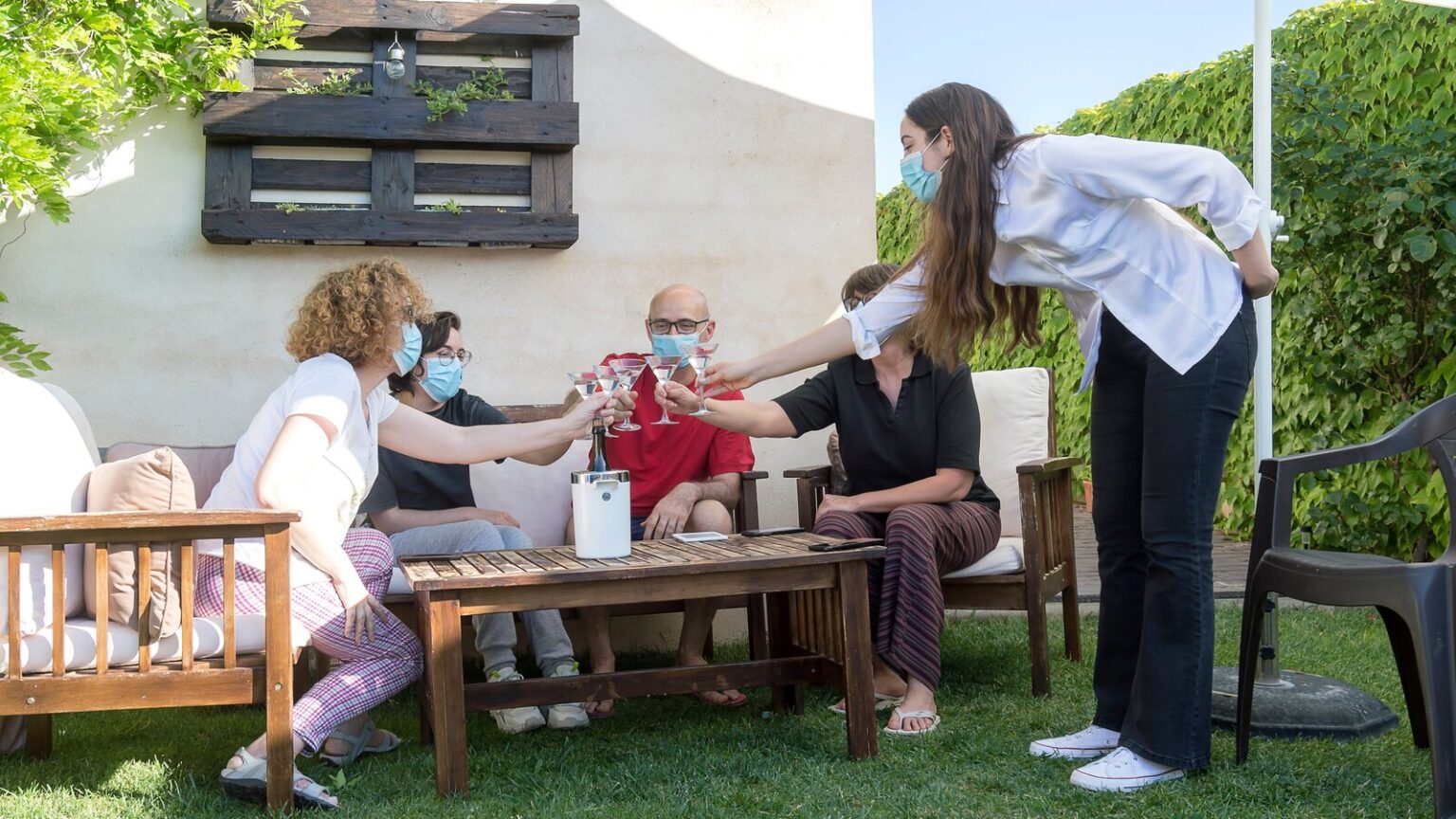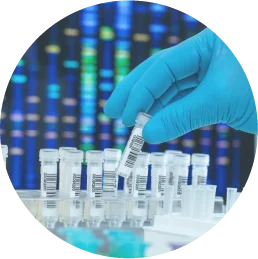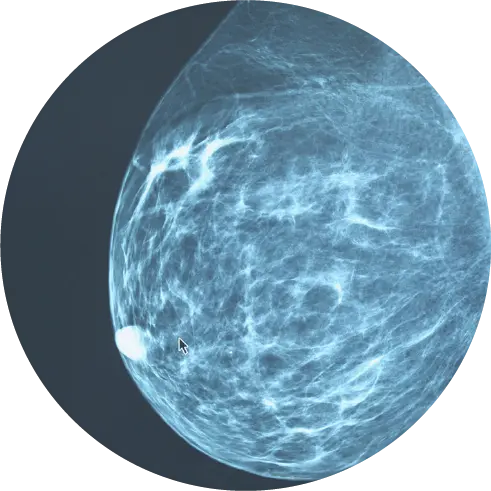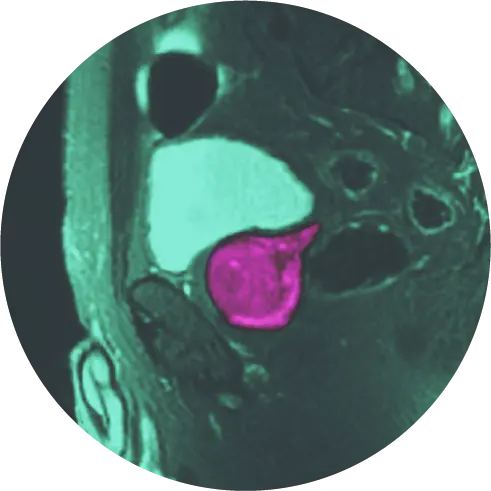It’s a familiar refrain that no ones wants to hear—once again, health experts are predicting that winter weather and the close indoor proximity it brings may lead to a resurgence in COVID-19 infections.
If you or someone you love is a cancer patient, that news is especially troubling. Research has shown that people with cancer and other serious medical conditions are at higher risk for the more severe forms of COVID-19. To better understand this connection, the National Cancer Institute has a large study underway to learn more about COVID-19 and its effects on cancer patients and survivors.1
However, the good news is there are some concrete ways cancer patients can help protect themselves from COVID-19.
This article shares steps that can help you thrive throughout the cold weather months and beyond if you are being treated for cancer, are a cancer survivor, or are otherwise immunocompromised.
1. Make sure you are fully vaccinated. The COVID-19 vaccination and recommended boosters are your best defenses against getting the severe form of the virus. No evidence suggests that the COVID-19 vaccine, which is not a live virus vaccine, is unsafe for cancer patients or makes cancer treatments less effective.
If you recently had a cancer treatment that suppresses your immune system—including chemotherapy, cell therapy, or a stem cell or bone marrow transplant—your doctor may recommend that you wait until your immune system has rebounded before you get a vaccine or booster. Another option your doctor may suggest is to postpone your cancer treatment for a few weeks after vaccination.
The CDC recommends that people who received one or more doses of the COVID-19 vaccine before or during a stem cell transplant or CAR T-cell therapy be revaccinated a minimum of three months after their treatment ended.
Your doctor also might recommend revaccination if you received a COVID vaccine or booster while being treated with drugs that destroy B cells (Rituxan). Revaccination should start about six months after completing this cancer therapy.2
Be sure to talk with your doctor if you think you may need to be revaccinated.
2. Encourage family, friends, and caregivers to get vaccinated and boosted. To help protect people with cancer, cancer survivors, and others who are immunocompromised, it is crucial that the people around them are vaccinated and boosted.
Vaccines can help prevent transmission. So, when your loved ones and caregivers are fully vaccinated, they may be less likely to get COVID-19 and bring it home. It also helps keep these valuable folks healthy so they can be there when a cancer patient needs them.3
3. Wear a face mask when you’re out and about. Although mask guidelines have been relaxed for the general public, they remain an essential precaution for cancer patients, especially in the following situations:
- In crowded indoor settings where physical distancing is not possible
- During travel on a train, airplane, or bus
- When people around you are not masking
- When you don’t know the vaccination status of people around you
The best choice is to wear an N95, a KN95, or two medical-grade masks that cover your nose and mouth fully. The fit should be snug but comfortable enough that you don’t feel the need to readjust the mask constantly, thereby risking exposure to COVID-19. The aforementioned methods of masking offer the highest level of protection.4
4. Think carefully about non-essential errands and travel. Outdoor activities are generally considered safer than indoor spaces when it comes to COVID-19 transmission. Experts know the virus can spread in crowded, poorly ventilated indoor areas. Unfortunately, we are indoors more often this time of year.
If COVID-19 cases are on the rise in your community or in an area you want to visit, you should consider postponing these outings.
Stay home from work and keep children home from school if you or they have any symptoms that may indicate an infection. Also, wash your hands and use hand sanitizer frequently to help reduce the spread of the virus.5
5. Monitor your health. If you are being treated for cancer, you are understandably tired of focusing on your symptoms and the side effects of your treatments. However, it’s essential that you remain alert for signs of COVID-19.
The virus affects different people in different ways, and a wide variety of symptoms have been reported over the past few years. Common signs are:
- Fever
- Cough
- Tiredness
- Loss of taste or smell
Other symptoms can include:6
- Muscle aches
- Shortness of breath or difficulty breathing
- Chills
- Headache
- Sore throat
- Nausea
- Vomiting
- Chest pain
- Rash
- Pink eye (conjunctivitis)
- Diarrhea
If you think you have been exposed to COVID-19 or are experiencing symptoms of an infection, you should take a COVID-19 test. If the test is positive, isolate yourself from others and contact your doctor right away.
Some treatments are available for people who are more likely to get very sick from COVID-19, including both antiviral medications and monoclonal antibody treatments, but they must be administered within a few days after symptoms begin.
In some cases, your cancer treatment may need to be modified while you receive treatment for COVID-19.7
6. Speak with your healthcare team. We can’t emphasize this last step enough. If you have questions about your risk of getting COVID-19, be sure to talk with your oncologist and other medical team members.
If the spread of the virus becomes very high in your community, your doctors may switch some of your appointments to telemedicine (virtual) visits or perhaps modify your treatment schedule. However, they will only take these steps if they feel they are in your best interest.
Coping with a cancer diagnosis and cancer treatments in the face of these uncertain times can be very stressful. However, we hope you can see there are many proactive ways you can help protect yourself or your loved one from severe illness from COVID-19.
References:
- https://www.cancer.gov/research/key-initiatives/covid-19/coronavirus-research-initiatives/nccaps
- https://www.cancer.gov/about-cancer/coronavirus/covid-19-vaccines-people-with-cancer
- https://www.mskcc.org/coronavirus/what-do-caregivers-need-know-about-taking-care-someone-cancer-during-covid-19-pandemic
- https://www.mskcc.org/coronavirus/when-should-wear-mask-to-protect-covid-19-what-kind-is-best
- https://www.cancer.gov/about-cancer/coronavirus/coronavirus-cancer-patient-information
- https://www.mayoclinic.org/diseases-conditions/coronavirus/symptoms-causes/syc-20479963
- https://www.cancer.gov/about-cancer/coronavirus/coronavirus-cancer-patient-information#what-should-i-do-if-i-have-symptoms-of-an-infection-what-treatment-should-i-get-if-i-have-covid-19




